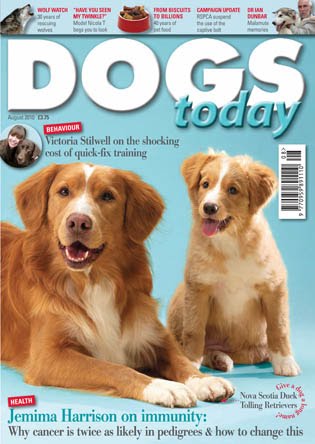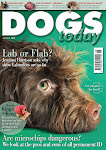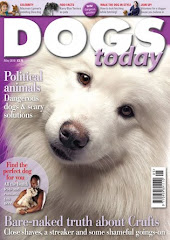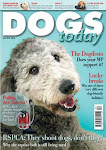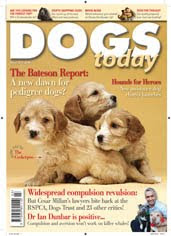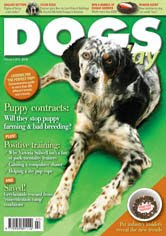I have an extremely fussy dog with a very delicate digestive system, is there an alternative out there to expensive veterinary diets?
My vet only sells one brand and the answer to almost every question seems to be to switch to that one! I've looked at the ingredients and I have to say there doesn't appear to be anything significantly different!
What else can I try?
Gayle Peters, London
Also posted on our Think Tank blog
This is such a common question for us at Arden Grange! We are sorry to hear that your dog requires a veterinary prescription diet. These specialist diets are formulated to help manage nutritionally responsive disease. Whether a regular commercial complete food would be a suitable alternative depends largely on the diagnosis. In some cases regular food (even very highly digestible brands such as Arden Grange) may not be appropriate. For example, dogs with renal dysfunction require a food which is low in phosphorous; dogs with liver disease may require a restricted fat and low copper diet. Regular dog food is designed for canines with a "normal" requirement for these nutrients, and all of the others which are necessary to support their health and wellbeing.
However, for some dogs, Arden Grange can offer a nutritious and economical diet which may be suitable in place of a prescription food. A prime example is in cases of skin disease and digestive problems caused or exacerbated by food allergies and intolerances; particularly reactions to the more common dietary allergens which are wheat, beef, soya and dairy products. We have also supplied food to many dogs with inflammatory bowel disease, epilepsy, behavioural issues and many other problems. In such cases we always assess each dog individually. It is vital to keep in contact with your vet and discuss whether he or she feels Arden Grange could be viable, and we will then pass on full details of our suggested diet's ingredients and nutritional analysis so that your vet can make the final decision.
When your dog suffers from digestive problems, you should always follow the advice of your vet. There are numerous possible causes and the nutritional management and treatment will vary. Most dogs with diarrhoea do tend to benefit from a low fat diet as this helps to prevent further residue from accumulating in the large bowel, but a dog with pancreatic problems would require long term fat restriction, whilst a dog with a bacterial infection can usually be weaning back to a normal food following recovery. The Arden Grange Sensitive Ocean White Fish and Potato is designed especially for dogs with sensitive skins and stomachs and can often be used in place of more expensive prescription hypoallergenic diets, but again, its suitability for your own dog really does depend on his medical status. If you are able to get back to us with more details about his condition as well as his age, breed and activity level we will be able to assess him properly and give some more in depth advice. There is a questionnaire on our website where you can enter this information:-
Dogs with digestive problems are often fussy through no fault of their own. Our canine friends have inherited an innate ability from their wild dog ancestors that can mean certain foods are refused if they are likely to make a problem worse. Also, imagine how you feel if you have stomach ache, indigestion or feel sick - a large meal is the last thing you'd want. If your dog is recovering from recent tummy upset, small frequent meals of home cooked chicken/white fish and rice/potato is bland and usually well accepted and well digested. Once his problems have been diagnosed and treated accordingly, his longer term dietary management can be planned and a gradual change back to a regular diet undertaken in many instances. Arden Grange is often ideal due to its super-premium quality, high digestibility and lack of artificial additives.
For truly fussy dogs, we do have a fact sheet available on request which contains all manner of hints and tips to get your dog back into the habit of clearing his bowl.
We hope that your dog is making a good recovery!
Ness Bird RVN, Nutrition Adviser, www.ardengrange.com
Positive help to stop dog-on-dog attacks
10 years ago
